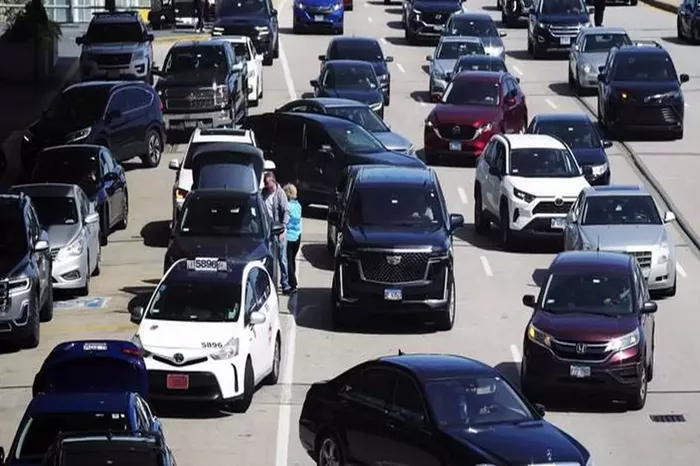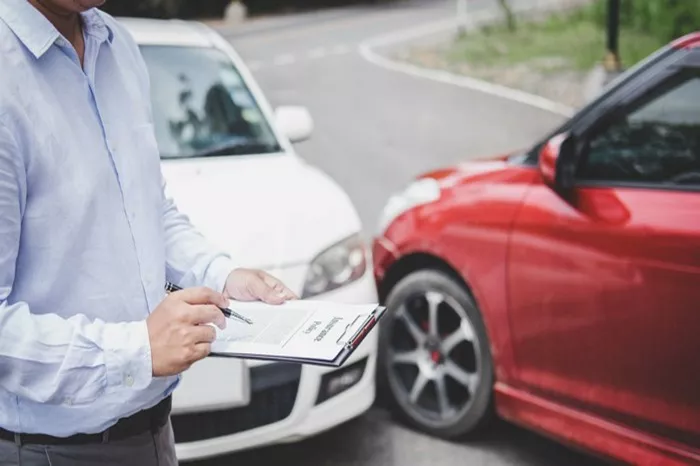Car insurance is a crucial aspect of vehicle ownership, providing financial protection in the event of accidents, theft, or damage. Many drivers opt for the convenience of paying their premiums via direct debit. However, circumstances may arise where you consider canceling this payment method. This article will explore what happens if you cancel direct debit for car insurance, including the implications for your coverage, potential penalties, and alternative payment options.
Understanding Car Insurance and Direct Debit
What is Car Insurance
Car insurance is a contractual agreement between a vehicle owner and an insurance provider. It protects against financial loss in the event of an accident, theft, or damage to the vehicle.
In exchange for regular premium payments, insurers cover various costs, including:
Liability Coverage: Covers damages to other parties if you are at fault in an accident.
Collision Coverage: Covers damage to your own vehicle resulting from a collision.
Comprehensive Coverage: Covers non-collision-related incidents, such as theft or natural disasters.
Personal Injury Protection (PIP): Covers medical expenses for you and your passengers, regardless of fault.
What is Direct Debit
Direct debit is a financial arrangement that allows an insurance company to automatically withdraw premium payments from your bank account on a scheduled basis. This method is popular because it simplifies the payment process and helps ensure that premiums are paid on time, reducing the risk of lapses in coverage.
Reasons for Canceling Direct Debit for Car Insurance
Financial Difficulties
One of the most common reasons individuals consider canceling their direct debit for car insurance is financial strain. Unexpected expenses, loss of income, or changes in financial circumstances can lead to the need for immediate cash flow adjustments.
Switching Insurance Providers
If you find a better deal with another insurance provider, you might consider canceling your current policy and its associated direct debit. However, it’s essential to understand the implications of doing so.
Selling Your Vehicle
If you sell your car and no longer need insurance, you may want to cancel your direct debit payments. However, you should ensure that you officially cancel your policy to avoid unnecessary charges.
Dissatisfaction with Coverage
If you are unhappy with your current insurer, whether due to customer service, claims handling, or coverage options, you might consider switching providers and canceling your direct debit.
What Happens When You Cancel Direct Debit
Immediate Effects on Your Policy
When you cancel your direct debit, the immediate effect is that your insurance company will not receive the scheduled payments.
This can lead to several consequences:
Non-Payment of Premiums: Without payment, your insurer may classify your account as delinquent, leading to potential policy cancellation.
Coverage Lapse: If payments are not made, your coverage may lapse, leaving you uninsured. Driving without insurance is illegal in most jurisdictions and can result in severe penalties.
Communication from Your Insurer
Once you cancel your direct debit, your insurance provider will likely reach out to you regarding the missed payments. They may send reminders or notifications about the status of your policy. It’s essential to respond to these communications promptly.
Potential Fees and Penalties
Insurance companies may impose fees for missed payments or for canceling direct debit arrangements.
These fees can vary by provider and may include:
Late Payment Fees: If you miss a payment deadline, your insurer may charge a late fee.
Reinstatement Fees: If your policy is canceled due to non-payment, you may incur a reinstatement fee if you wish to reactivate your coverage.
The Process of Canceling Direct Debit
How to Cancel Direct Debit
If you decide to cancel your direct debit for car insurance, follow these steps:
Contact Your Bank: Inform your bank that you wish to cancel the direct debit arrangement. This can often be done online, over the phone, or in person.
Notify Your Insurance Company: It’s crucial to inform your insurance provider of your decision to cancel the direct debit. This ensures they are aware of the change and can provide guidance on the next steps.
Review Your Policy: Check your insurance policy for any specific terms regarding cancellation and payment methods. Some policies may have clauses that require you to maintain payment arrangements until the policy is officially canceled.
Consider Alternative Payment Methods: If you’re canceling due to financial difficulties, discuss alternative payment options with your insurer, such as monthly payments or payment plans.
Timing Your Cancellation
Timing is critical when canceling a direct debit. Ensure that you cancel it after you have made your final payment or when you are ready to switch to a new insurer. Cancelling too early can lead to lapses in coverage.
What to Do After Canceling Direct Debit
Confirm Policy Status
After canceling your direct debit, confirm the status of your insurance policy. Contact your insurer to verify whether your coverage is still active or if it has been canceled due to non-payment.
Explore Alternative Coverage Options
If your policy has lapsed, consider exploring other insurance options. Research different providers, compare quotes, and evaluate coverage levels to find a policy that meets your needs and budget.
Keep Records
Maintain records of all communications with your insurer and bank regarding the cancellation of your direct debit. This documentation can be useful if any disputes arise in the future.
The Consequences of Not Maintaining Insurance
Legal Implications
Driving without insurance is illegal in most states and can result in severe penalties, including fines, license suspension, and even criminal charges in some cases. If you are involved in an accident while uninsured, you could be held liable for all damages and medical expenses.
Financial Risks
Without insurance, you expose yourself to significant financial risks. If you cause an accident, you may be responsible for paying for the other party’s damages out of pocket, which can be financially devastating.
Impact on Future Insurance Rates
Having a lapse in coverage can negatively impact your future insurance premiums. Insurers may view you as a higher risk, leading to increased rates when you seek new coverage.
Alternatives to Cancelling Direct Debit
Switching Payment Methods
If you are considering canceling your direct debit due to financial difficulties, discuss alternative payment methods with your insurer.
Many companies offer flexible payment options, including:
Monthly Payments: Instead of a direct debit, you might be able to pay monthly via other methods, such as credit card or bank transfer.
Payment Plans: Some insurers offer payment plans that allow you to spread out your premium payments over a longer period.
Adjusting Your Coverage
If you’re struggling to afford your premiums, consider adjusting your coverage. You might opt for a higher deductible, reduce optional coverages, or explore discounts that could lower your overall premium.
Shopping Around for Better Rates
If you are unhappy with your current insurer or find their rates too high, take the time to shop around. Comparing quotes from different providers can help you find a more affordable policy that meets your needs.
Conclusion
Canceling your direct debit for car insurance can have significant implications for your coverage and financial well-being. It’s essential to understand the potential consequences, including policy cancellation, fees, and legal risks associated with driving uninsured. If you find yourself in a situation where you need to cancel your direct debit, follow the proper steps to ensure that you remain compliant with your insurance requirements.
Before making any decisions, consider exploring alternative payment options, adjusting your coverage, or shopping around for better rates. Maintaining continuous car insurance coverage is crucial for protecting yourself financially and legally.
Ultimately, being proactive about your insurance needs and communicating with your insurer can help you navigate any changes in your payment methods while ensuring that you remain adequately protected on the road. If financial difficulties arise, don’t hesitate to reach out to your insurance provider for assistance; they may offer solutions that can help you maintain your coverage without sacrificing your financial stability.
Related Topics:






















